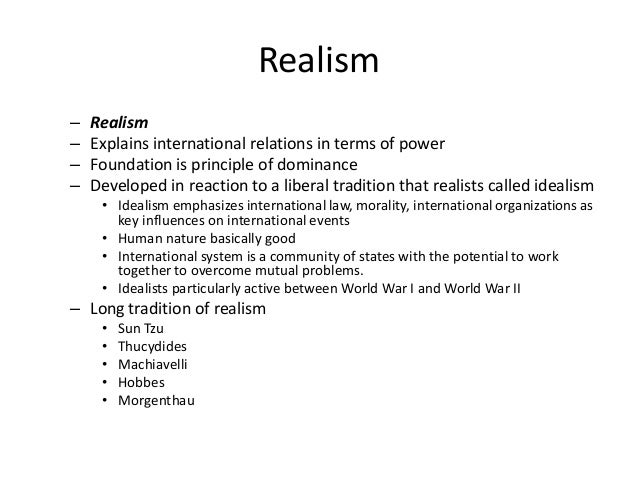International Relations Theories
Drawing on a wealth of expertise from a global team of contributors, the third edition of International Relations Theories provides an up-to-date and comprehensive account of all the major IR theories--including some of the more alternative understandings not found in other texts--and supports them with case study examples. Editors Tim Dunne, Milja Kurki, and Steve Smith have brought together a team of international contributors, each specializing in a different theory. The contributors explain the theoretical background to their positions before showing how and why their theories matter. The book opens up space for analysis and debate, allowing students to decide which theories they find most useful in explaining and understanding international relations.
- International Relations Theories Quiz
- International Relations Theories Defined
- Principles Of International Relations Pdf

Theories of International Relations [Scott Burchill, Andrew Linklater, Richard Devetak] on Amazon.com. *FREE* shipping on qualifying offers. The 5th edition of. This book is designed as a foundational entry point to International Relations theory – structured to condense the most important information into the smallest space and present that information in an accessible manner.

While some of the theories discussed are complex, the authors convey them in a clear and accessible manner, with the use of engaging pedagogical features, making this an ideal introduction to the field. NEW TO THIS EDITION * A new chapter on Critical Theory, authored by Steven Roach, which addresses this important theoretical orientation * Updated chapters and case studies that reflect new developments in world politics International Relations Theories, Third Edition, is accompanied by a Companion Website that provides additional resources for instructors--PowerPoint-based slides and figures and tables from the text--and students--web links, a flashcard glossary, and a revision guide.
International relations Introduction International Relations consist of a wide range of theories which deals with a variety of issues occurring in the politics of the world. The complexity of these issues forced scholars to develop different types of theories, each of which gives a unique explanation of world politics on the basis of various assumptions. Two major theories purposed by theorists are: Realism and Liberalism.
International Relations Theories Quiz
This essay is based primarily on comparing and contrasting these two theories. What assumptionsabout the nature of world politics are advanced by each tradition?
International Relations Theories Defined
How do these two schools of thought differ? Analyses are also done to determine which theory most accurately described the world during the Cold War era and which one most accurately describes the world we live in today. Realism Realism is one of the major theories which govern or dictates the behaviour of states on international platform. Realists believe that all states working on their own national interests are in endless conflict among others to attain more power and position in globe. [1] For realists, the main areas of interests are: state, Anarchy system, balance of power and alliances.[2] Realism gives supreme importance to power in international relations. Most of people think that realism gained limelight in 20th century but it has its roots are linked to ancient history.
Principles Of International Relations Pdf
The realistic theories can be easily found in Arthashastra, an Indian treatise written by Kautaliya in fourth century BC to teach politics of power and also in Chinese scriptures written by Han Fei and Shang Yang.[3] In realism state is considered as the most important actor on the world stage as state doesn't answers to any supreme power. State has supreme power over its territory and people. As per realists states are in endless struggle of gaining power to achieve supremacy in world and protect national security. Another key assumption of realists is that anarchy system is prevalent strongly in the world politics. In anarchy the states work on increasing their military power to prevent any attack on their territory.[4] The realists also have the World politics is a war of all against all • he primary objective of all states is to acquire power and to promote national interest • State should always be ready to use arms to maintain peace, law and order • State should never be hesitant to maintain and use power to deter attack by enemies and to maintain influence over others • Military growth has a prime importance in maintaining national security; Economic growth is required just to maintain State power.